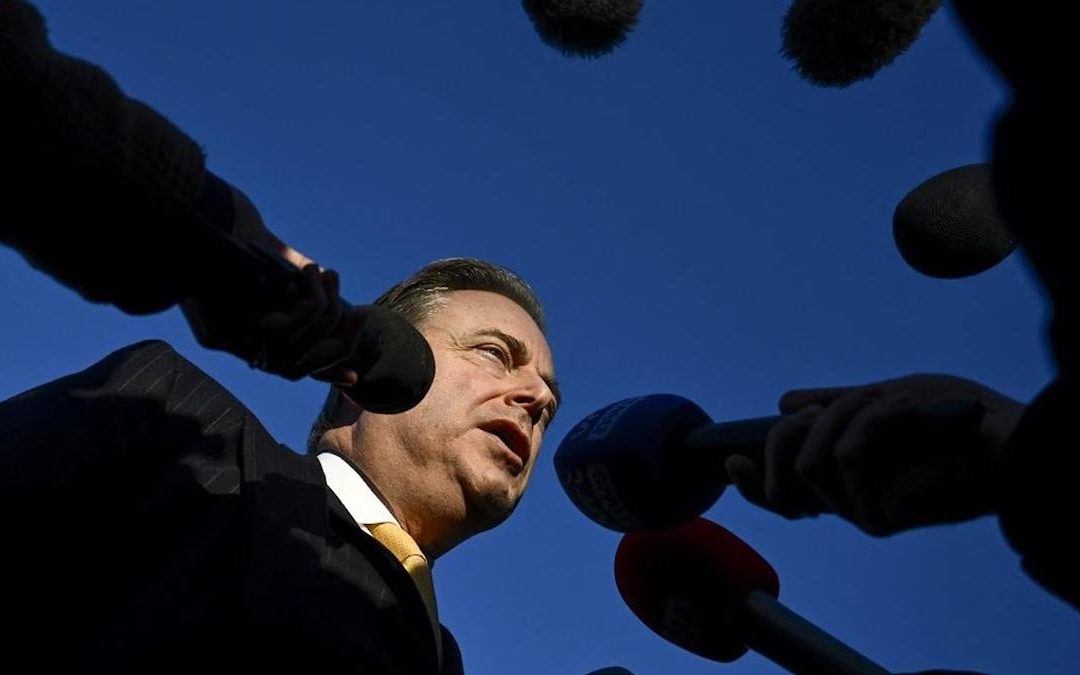De Wever had been in office for barely two hours when he drove onto the inner courtyard of the Egmont Palace on Monday morning to attend his first European summit and “immediately jump into the deep end of the pool.” The new prime minister could showcase a coalition agreement that promises an increase in defense spending.
Like all other NATO member states, Belgium had promised in 2014 to spend 2 percent of GDP on defense, but it never succeeded. “In this budget, additional resources are provided to implement that,” assured De Wever, who expressed “the strict ambition” to reach 2 percent during this legislature. Meanwhile, there is already talk within NATO circles of 3 or even 5 percent. “While we are catching up, the rest of the pack will continue to move forward,” acknowledged De Wever.
NATO Secretary-General Mark Rutte did not want to comment specifically on the Belgian defense plans. However, he made it clear once again that “2 percent is simply not enough.” Whether it should immediately go to 5 percent, as advocated by U.S. President Donald Trump, the Dutchman left undecided. “But I am convinced that later this year we will decide on much higher targets,” Rutte said.
At his first European summit, De Wever mainly hopes to create “credibility” regarding his government’s willingness to invest more in defense. “We are in a difficult budgetary situation (…) and we cannot perform miracles, but I hope we can be convincing with the increase in our budget and the clearing of our deficit,” he said. However, De Wever is not enthusiastic about joint European loans. “We are actually not in favor of that. The coalition agreement states that we must find solutions within the European budget.”
 go to the original language article
go to the original language article
